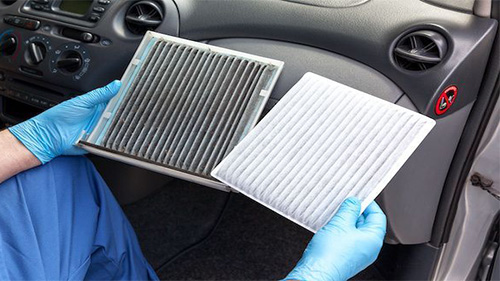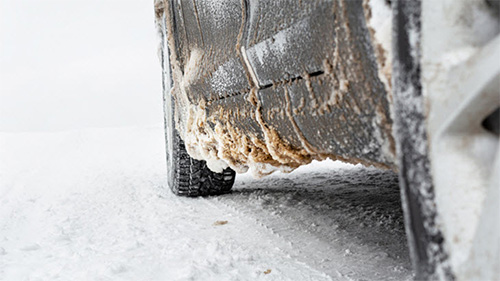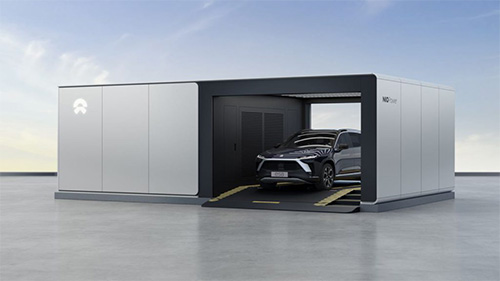The Essential Guide to Replacing Cabin & Engine Air Filters

Engines are the heart of every automobile—but it’s the air they breathe, and the air you breathe inside the cabin, that truly keeps them—and you—at peak performance. Over time, both engine and cabin air filters become loaded with dust, pollen, road grime and exhaust soot. When neglected, these simple components can throttle airflow, sap power, reduce fuel efficiency, worsen interior air quality—and even shorten the lifespan of critical engine parts. Yet swapping out these filters every 12,000–15,000 miles (or according to your owner’s manual) is one of the most cost effective, high impact maintenance tasks you can perform.
Why Engine Air Filters Matter?
An engine’s combustion chamber requires a precise mix of fuel and oxygen to generate power. When the engine air filter is clogged, it chokes off that oxygen supply. The result is a “rich” fuel mixture—more gasoline is injected to compensate for lack of air—which leads to:
Reduced horsepower and sluggish throttle response. You’ll notice slower acceleration and less snap off the line.
Higher fuel consumption. Your engine burns more gas to make the same power, hitting your wallet at every fill up.
Increased engine wear and deposits. Valves, pistons, and sensors are coated with soot and varnish from incomplete combustion, which speeds up wear and may trigger failure codes.
By contrast, a fresh engine air filter restores full airflow, enabling the engine management system to maintain ideal air to fuel ratios. You’ll feel peppier acceleration, enjoy improved miles per gallon, and protect vital components from abrasive particles—delaying costly repairs and extending engine life.
The Value of Cabin Air Filters
While your engine filter guards mechanical health, the cabin air filter safeguards your comfort and well being. It screens out pollen, dust, mold spores, vehicle exhaust and other airborne irritants before they enter the HVAC system. A clogged cabin filter can cause:
Weak airflow. Both heating and air conditioning struggle to push air through a blocked filter, so vents blow less cold or hot air.
Fogged windows. Insufficient airflow hampers defrosting, reducing visibility and safety in damp or cold conditions.
Musty odors and allergy symptoms. Trapped moisture and organic debris become breeding grounds for mold and bacteria, aggravating allergies and asthmas.
Replacing the cabin filter revitalizes airflow, keeps your windshield clear more quickly, and ensures the air you and your passengers breathe is clean and fresh—especially important on long commutes, family road trips, or if anyone on board suffers from respiratory sensitivities.
Don’t relegate it to the back of your “someday” list—instead, schedule this simple service at every oil change or every 12,000 miles. Your car will thank you with smoother acceleration, lower fuel bills, clearer windows and cleaner air—today, tomorrow, and for many miles down the road.







